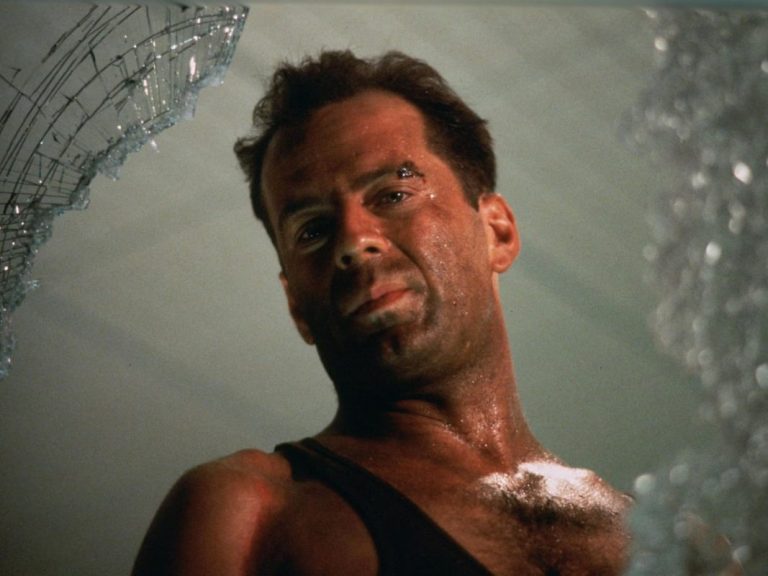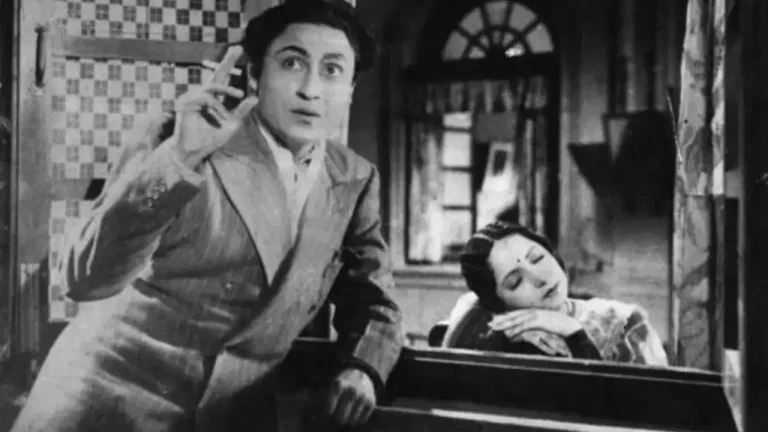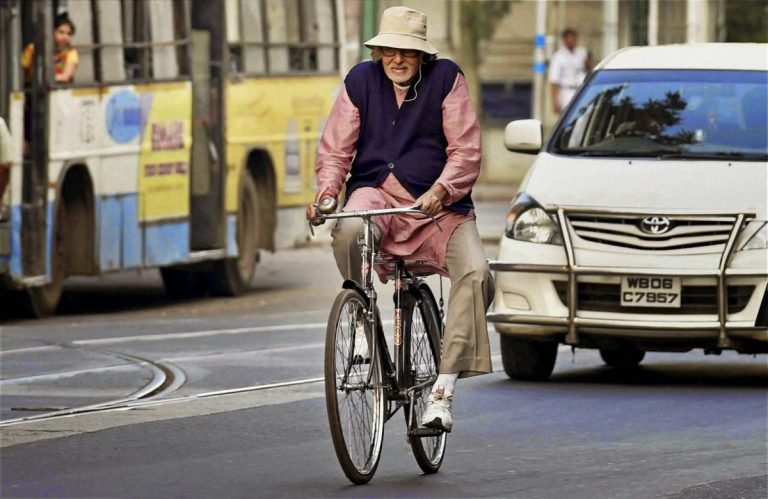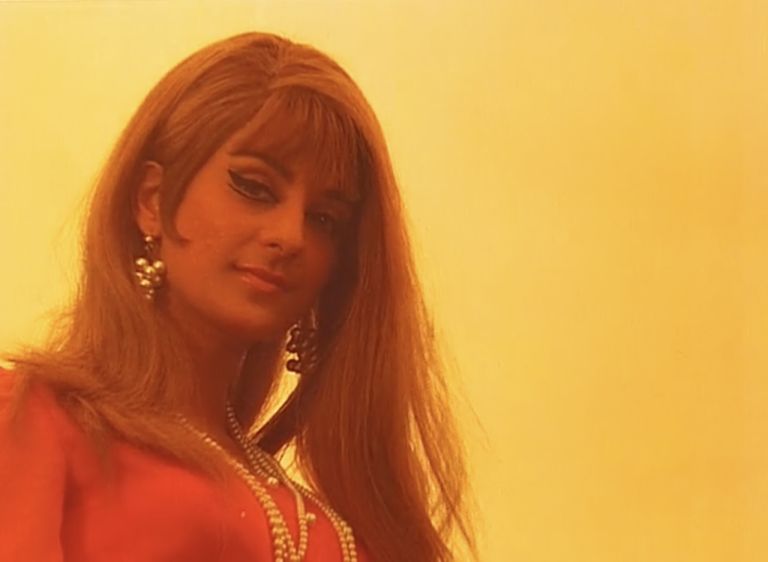The Unfortunate Collapse of Christoph Waltz’s Film Career: Imagine it is 2009, and you are eagerly awaiting the release of Inglorious Basterds. You are excited to witness filmmaking genius Quentin Tarantino’s latest movie featuring Hollywood’s heartthrob Brad Pitt. The film begins, and you come across a relatively unfamiliar face in the opening scene. He captures your attention from the get-go, and by the end of the movie, he becomes the most memorable part of the narrative for you.
Fast forward to the present time, the astonishing performance of that incredible artist is still fresh in your memory, and you start pondering what heights of success that performer may have achieved by now. However, a sudden wave of sadness envelopes you in finding out that since 2009, that exceptional performer has been able to turn up only one more performance, which justifies his acting prowess. Oh, Hollywood, look how you massacred my boy’s thriving acting career!
The collapse of Christoph Waltz’s film career may not be surprising, but it is still one of the most unfortunate things that happened in Hollywood recently. An Austrian-German actor who made it big in Hollywood in his 50s and even earned two Academy Awards became irrelevant in the industry in no time. Even though it played a big part, Hollywood can’t be solely blamed for the downfall of Christoph Waltz. So, who or what else is to be blamed? Let’s try to find out.
What Made Landa and Schultz so Iconic?
With Hans Landa, Christoph Waltz became Hollywood’s quintessential “bad guy” overnight. The actor, who hadn’t tasted even a fraction of this success before, was now on the wishlist of every big production house. Tarantino is known to write iconic characters that squeeze all the artistic juices out of the actors. However, initially, it was a big task for him to choose an actor to portray the smooth-talking and sadistic SS officer Hans Landa. At one point, the director was almost convinced that the character he had written is ‘unplayable.’ Just when he decided to pull the plug on the film, Waltz came into the picture.
An actor who had shown his prominence in theatre and the German film industry with proficiency in four languages was an ideal pick for our Jerome. It was as though the director had kept Waltz in mind while writing the character. Tarantino’s inimitable writing combined with Waltz’s spectacular acting skills, and we got a character to remember for ages to come.
Now that Tarantino had become aware of Waltz’s ‘gun-slinging abilities,’ he wrote a character tailor-made for him in their second collaboration. In fact, the character was so tailor-made for Waltz that he thought people might see the actor instead of the character on-screen and almost opted out of the film. But the stars were aligned to make us witness yet another iconic performance from the actor.
Dr. King Schultz was another multifaceted, delectable performance from Waltz that the audience devoured happily. The only difference between Landa and Schultz was that the latter was the catalyst in our hero’s journey to avenge the ones who wronged them. Despite this, Waltz was able to capture all the limelight and earned his second Oscar. If there was one thing strikingly common between Landa and Schultz (apart from many other common things), it was that both were specific characters designed for a specific filmmaker. Both were written or improvised, keeping Waltz’s acting abilities in mind, and that is why they rightfully gained their worthy iconic status. But oh well, the myopic lens of other filmmakers could definitely not see this clear and naked fact.
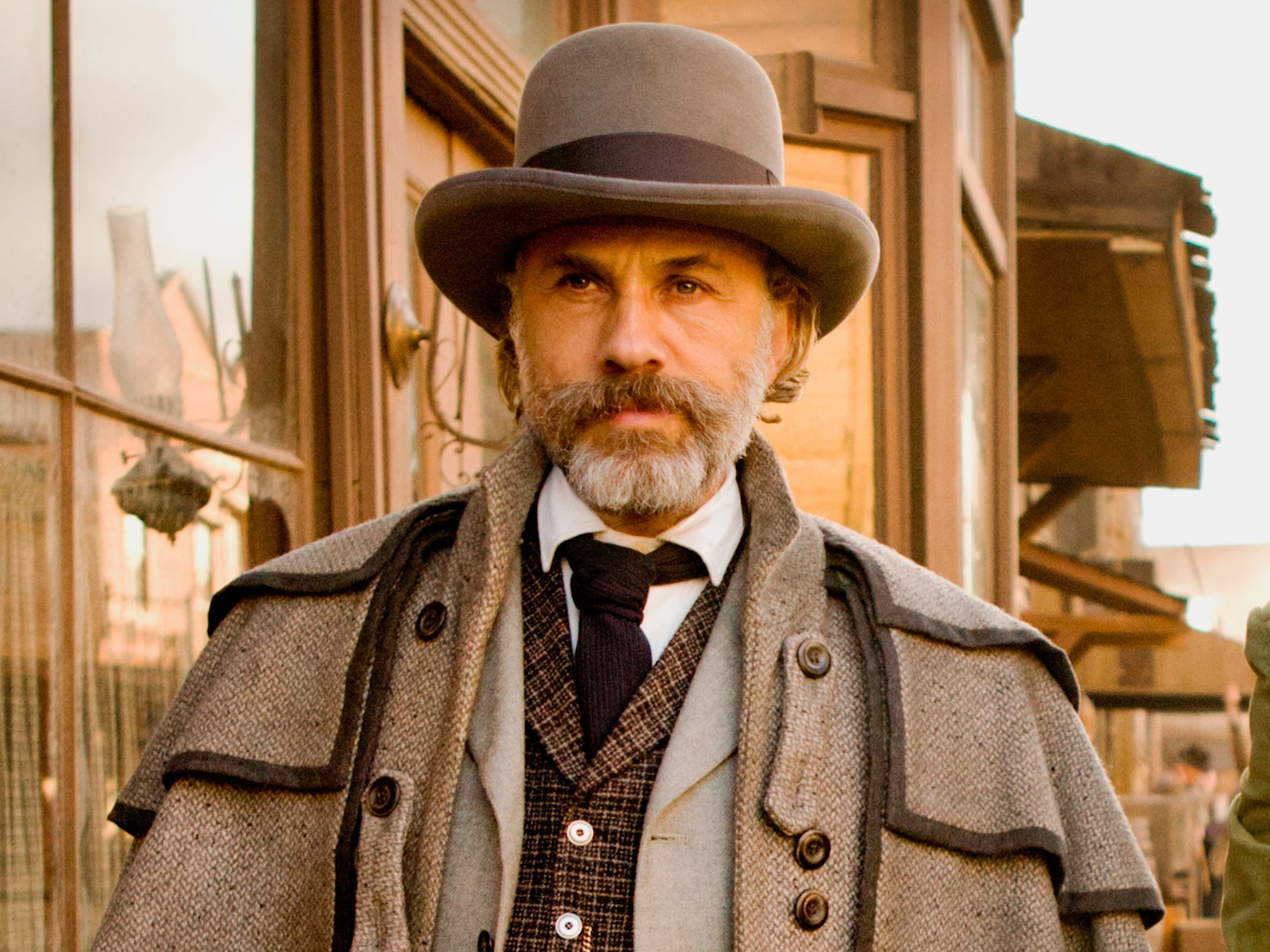
Hollywood’s Constant Underutilization of Waltz
The primary reason for the super success of Christoph Waltz in Hollywood was how thoughtfully Tarantino had written the characters for him. Of course, Waltz outmatched the character writing on both occasions, but good character writing that aligned with his strengths gave him the essential edge. It is very evident that Hollywood did not get this, and we get a slew of films ranging from mediocre to terrible that try to recapture Landa and Schultz without a basic understanding of what made those characters work. It was like filmmakers were over-relying on Waltz’s charm to sell their movies instead of writing a solid character for the actor.
You might see glimpses of greatness from Waltz in films like Big Eyes, The Green Hornet, The Zero Theorem, Downsizing, etc. But all these films could not eschew the pitfalls of mediocrity because of the lazy writing and bad characterization. Well, why would those films have those aforementioned characteristics since they were only banking on 2x Oscar winner Waltz’s commanding screen presence? That’s how things work in Hollywood, right?
Influence of “The Oscar Curse” on Waltz’s Downfall
Hollywood not utilizing Waltz is one thing, but if you observe his performances after Django Unchained, you will not see him put in any extra effort from his end as well. Now, why, you may ask? Well, the simplest answer is “The Oscar Curse.” Once an actor wins that coveted piece of gold, they are no longer hungry to prove themselves to the world. They have probably feel they can do anything on their own terms. Especially when that actor is an Austrian-German who never even dreamt of making it big in Hollywood, let alone winning two Oscars.
After winning that gold, a sense of complacency is evident in Waltz’s works. A prime example of this is Spectre. I mean, Christopher Waltz playing a Bond villain seems like a match made in heaven. What could possibly go wrong? Apparently, everything. Waltz, again, doesn’t get a great script to work with, but him being on autopilot throughout the film does nothing to enhance the film either. In my humble opinion, this was the biggest downfall of Waltz since Django.
From Spectre to his latest series with Amazon Prime, “The Consultant (2023)”, no performance of Waltz has had the audience scream, “That’s a Bingo!” and this is utterly sad. Maybe characters like Count Volpe in Guillermo Del Toro’s Pinocchio show us a little glimpse of Waltz in his element, but still, it is painful to see so much potential in an actor get constantly squandered.
To end this write-up on an optimistic note, I can only hope that Christoph Waltz once again gets to play a character that leads to his resurgence in Hollywood. Because an actor of his caliber surely deserves to be in more than just two iconic roles in his career. So, please, Chris, bless us with more art that prompts us to say, “I think this just might be your masterpiece.”


